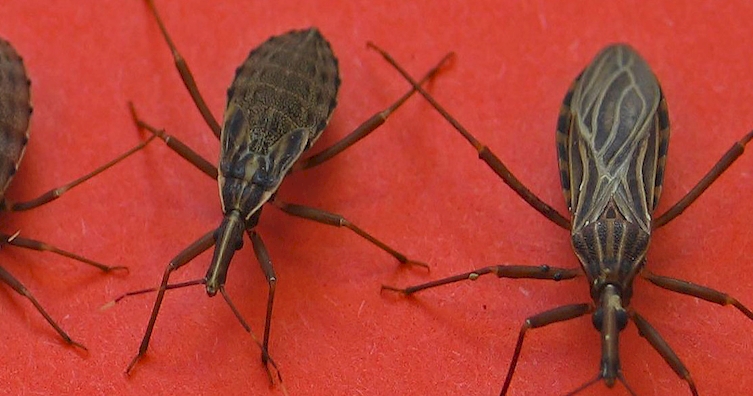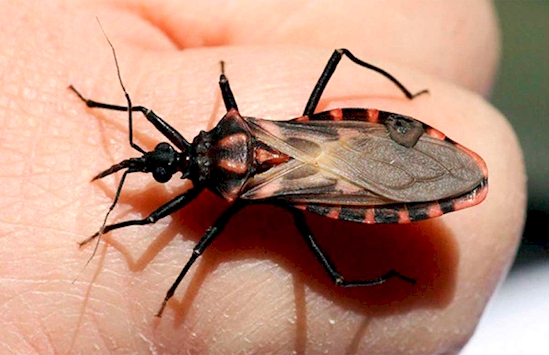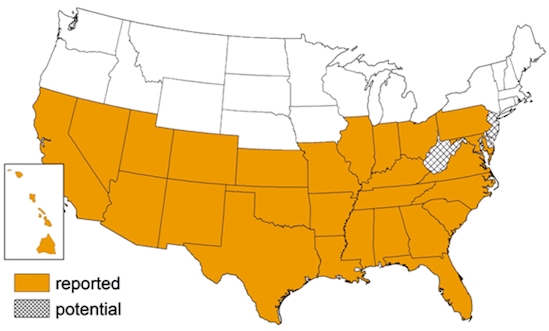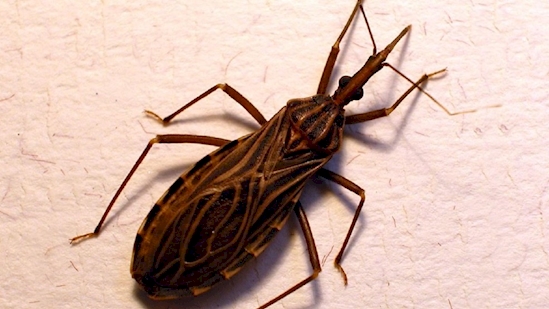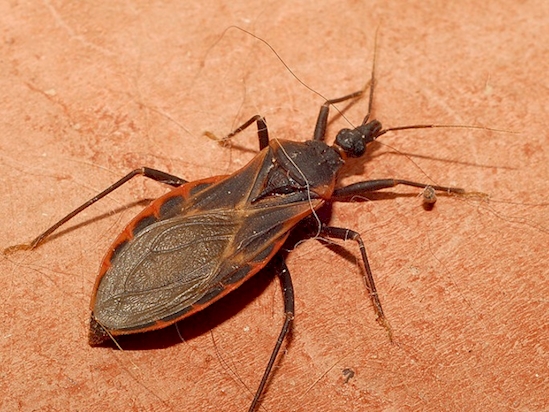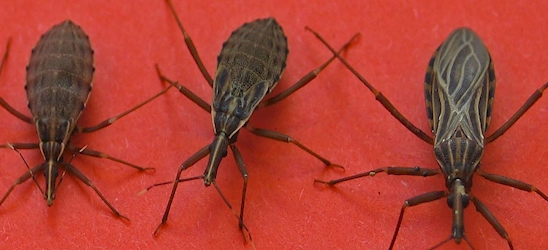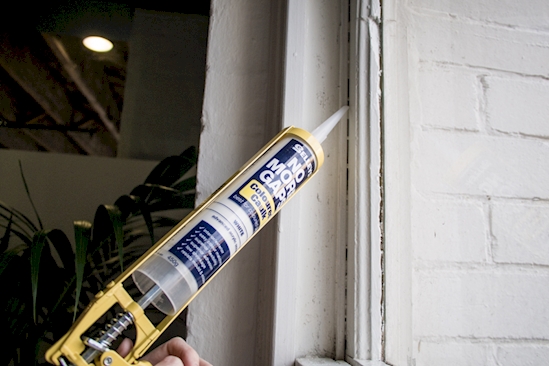Nobody likes living with an infestation. Even if the bugs don't harm you, it can still feel like your house is being invaded and there's an icky, crawling feeling in the air that you can't wait to get rid of. But it's more than likely that if your house does get infested, the bugs involved aren't going to be so friendly.
Many of them bite. What that bite means depends on the bug. Most of them are just itchy and annoying, but some can have some seriously adverse health effects that could open the door for some awful diseases. So when you get a mysterious bite, it's hard not to wonder what you're really dealing with.
And there's one particular bug that many Americans should be on the lookout for because its bites are subtle but serious.
SHARE this and help your friends around the country prepare themselves for this menace.
This is a triatomine bug, but you may know it by another name.
They're often called kissing bugs, cone-nosed bugs, and the ominous-sounding assassin bugs.
They used to be limited to the south, but now you can find them in 28 states.
They usually come out at night and bite your uncovered face while you're sleeping. This is how they get the name "kissing bug."
But the bites aren't really the problem.
While the bugs are biting, they're also pooping. And if this poop is rubbed into the bite wound, it lets a parasite into your blood.
With this parasite, you can get Chagas disease.
Your first symptoms may be mild fever or swelling at the site of infection, but you may also show no symptoms at all. From there, you enter a dormant phase where the disease just rests in your blood.
Most people find the disease stays dormant for the rest of their lives.
But between 20% and 30% of cases can develop life-threatening heart problems or a serious weakening of the esophagus or colon. This is why you should seek treatment immediately if you suspect you have Chagas disease.
But before you get too worried, kissing bug-related Chagas disease cases are extremely rare.
Since 1955, there have only been 40 in the entire country. And getting bitten doesn't guarantee infection since you can have about 900 bites without any kissing bug poop getting in the wound.
But still, there's no sense taking any unnecessary risks.
You can prevent kissing bug infestations by clearing away any rock, leaf, or wood piles from around your home since the bugs prefer wooded areas. Also, be sure to seal any gaps or cracks you see in your house and make sure your screens and doors are tight and secure.
You're also advised to have your pets sleep indoors, especially at night.
Dogs are especially at risk of infection because they're known to eat kissing bugs, an action which also spreads the parasite.
Don't forget to SHARE this on Facebook and help others reduce their Chagas risk.
